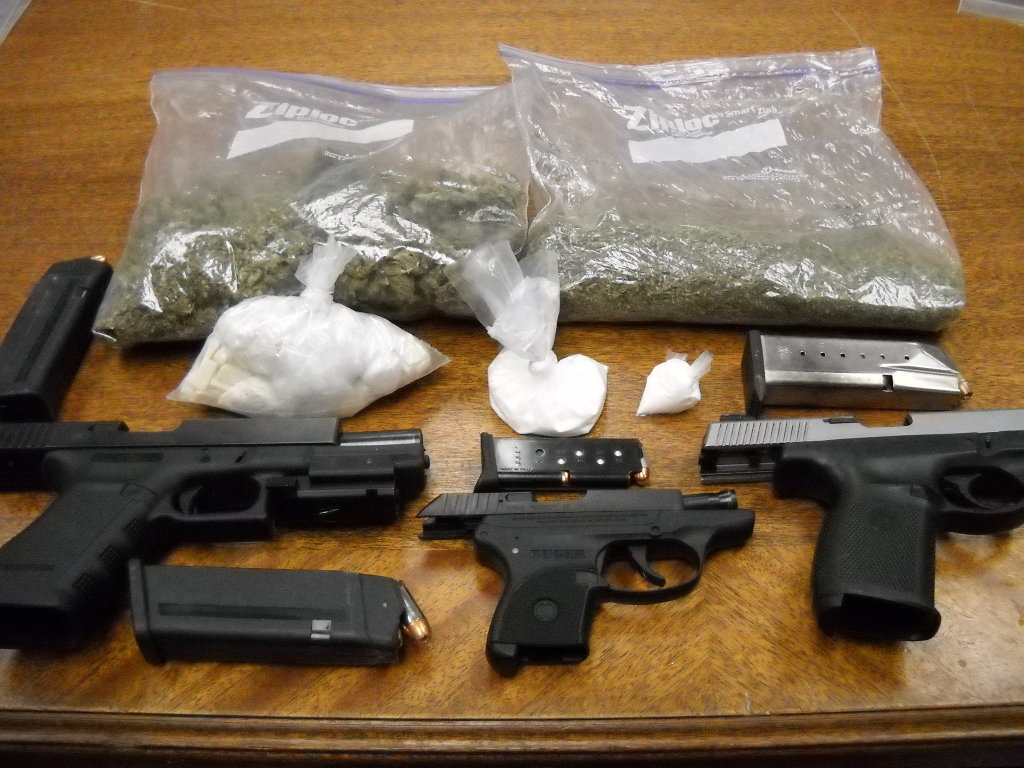The Right says: If drugs are legal, people will shoot up, and society will go to hell.
The Left says: If guns are legal, people will shoot-em up, and society will go to hell.
Word-play aside, other options are possible:
The authoritarians say: People can’t be trusted with either.
The (true) liberals say: We can trust people with both.
Underlying so many of our political debates is a philosophical assessment of human nature.

If drugs, including alcohol, are themselves mind altering, how, exactly are legalized drugs, including alcohol, equivalent in any way to legally owned guns?
Agree and an interesting contrast to Jonathan Haidt’s take on the differences.
And guns can kill people at a distance, unlike marijuana, etc.
Of course there are differences. The issue I’m focusing on is the trust-in-human-nature question: Do we think people can handle drugs, guns, and other dangerous things, or do we need to treat them like children?
“Do we think people can handle drugs, guns, and other dangerous things, or do we need to treat them like children?”
We need to look at the data the world has provided us with. It is clear that “human nature” can handle widespread firearm ownership but not drug legalisation. The former does not cause social breakdown, whereas the latter does.
“In late Qing China, opium imported by foreign traders, such as those employed by Jardine Matheson and the East India Company, was consumed by all social classes in Southern China. Between 1821 and 1837, imports of the drug increased fivefold. The wealth drain and widespread social problems that resulted from this consumption prompted the Chinese government to attempt to end the trade. This effort was initially successful, with Lin Zexu ordering the destruction of opium at Humen in June 1839. However, the opium traders lobbied the British government to declare war on China, resulting in the First Opium War. The Qing government was defeated and the war ended with the Treaty of Nanking, which legalized opium trading in Chinese law.”
The continuing devastation and suffering caused by opium in China and elsewhere lead to the global bans on dangerous drugs that largely remain in place today.
I was interested to hear in your reading of “Egoism in Nietzsche and Rand” that Nietzsche thought of life as a zero-sum struggle, whereas Rand emphasised mutually beneficial trade. But not all trade is mutually beneficial. Drug purchases are clearly not mutually beneficial: the seller gains at the expense of the user. There is no benefit to be gained from consuming an addictive poison, whereas guns can be used recreationally with no intrinsic harm to the self.
If we can reason at all, it ought to be possible to reason about which trades are inherently zero-sum, such as drug purchases. Furthermore, we can simply look to history to see how much damage legal dangerous drugs have caused in previous centuries. I would say there are three types of trade:
1) Mutually beneficial (ethical, good for everyone)
2) Zero-sum (unethical, good for one party at the expense of the other)
3) Negative-sum (unethical, bad for both parties)
In the short run, negative sum trades tend not to happen. Only the first two types occur. However, in the long run, many zero-sum trades are actually negative-sum trades: they cause social breakdown and widespread social problems. This is what happened in China with opium: the result was widespread addiction, social breakdown, and war. (As an aside, this has also been explored in fiction. In the libertarian thought experiment and videogame Bioshock, considered one of the best games ever made, an unregulated drug trade resulted in widespread addiction, social breakdown, war, and total societal collapse.)
Accordingly, it is best that drugs be banned.
Do you think drugs like meth, heroin, bath salts, etc., should be legalised, and if so, why?